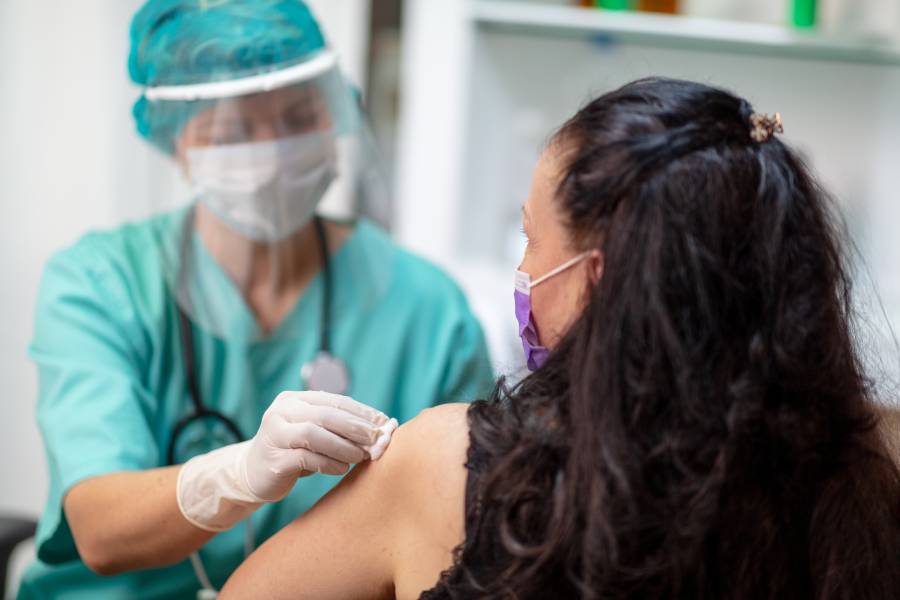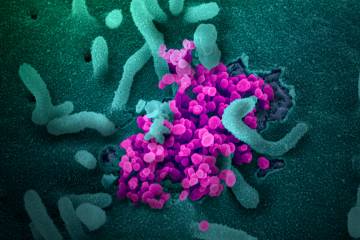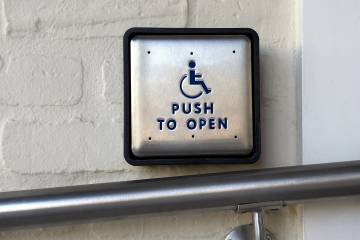- Name
- Jill Rosen
- jrosen@jhu.edu
- Office phone
- 443-997-9906
- Cell phone
- 443-547-8805
A new Johns Hopkins data tool helps people with disabilities determine when they qualify for the COVID-19 vaccine and compares how different states prioritize people with disabilities in their vaccine rollout plans.
Created by researchers, students, and advocates who themselves have disabilities and have personally experienced how inequitable and inaccessible aspects of the U.S. pandemic response have been, the COVID-19 Vaccine Prioritization Dashboard launched to not only help the disability community get vaccinated, but also to arm policymakers with data to improve the system.
"There's been a persistent gap in the pandemic response for the disabled community. It started with testing and we're seeing it being echoed in the vaccine rollout," said Bonnielin Swenor, director of the Johns Hopkins Disability Health Research Center. "Being part of that community, we understand that need and want to empower the stakeholders and policymakers with data."
The university's Disability Health Research Center created the dashboard in collaboration with the Center for Dignity in Healthcare for People with Disabilities.
The idea was sparked by Johns Hopkins senior Sabrina Epstein. Epstein has a genetic connective tissue disorder called Ehlers-Danlos Syndrome which puts her at increased risk for severe illness from COVID-19. Because EDS is considered a rare disease, it is not listed a high-risk chronic illness for vaccine prioritization, making it difficult for Epstein to determine when she can get vaccinated.
"I was trying to register my grandfather for his vaccine in Texas and I noticed that I already qualified in Texas because of my chronic conditions but in Maryland I don't qualify yet. I'm still waiting," said Epstein, who is majoring in public health studies. "I realized from my own example that it's happening to lots of people and there's so much confusion. We want people to be able to use this tool to identify if they or their family or friends qualify for a vaccine in their state and to advance advocacy efforts."
The tool will be updated weekly.
Another barrier to vaccines for the disability community is the accessibility of information. Often state websites rely on charts and tables that can be difficult or impossible for people with vision impairments and other disabilities to access. This new tool was created with accessibility in mind.
"The prioritization schemes aim to reduce infection and mortality but access and accessibility has to also be part of that equation," Swenor said. "There are certain members of the disability community that as of this moment don't have access to the information or can't get to the vaccination sites. The path forward has to include accessibility, or we're never going to reach equity in the pandemic response, as over a quarter of the population has a disability."
Posted in Health, Politics+Society
Tagged disability services, coronavirus, covid-19, covid-19 vaccine, disability health research center











